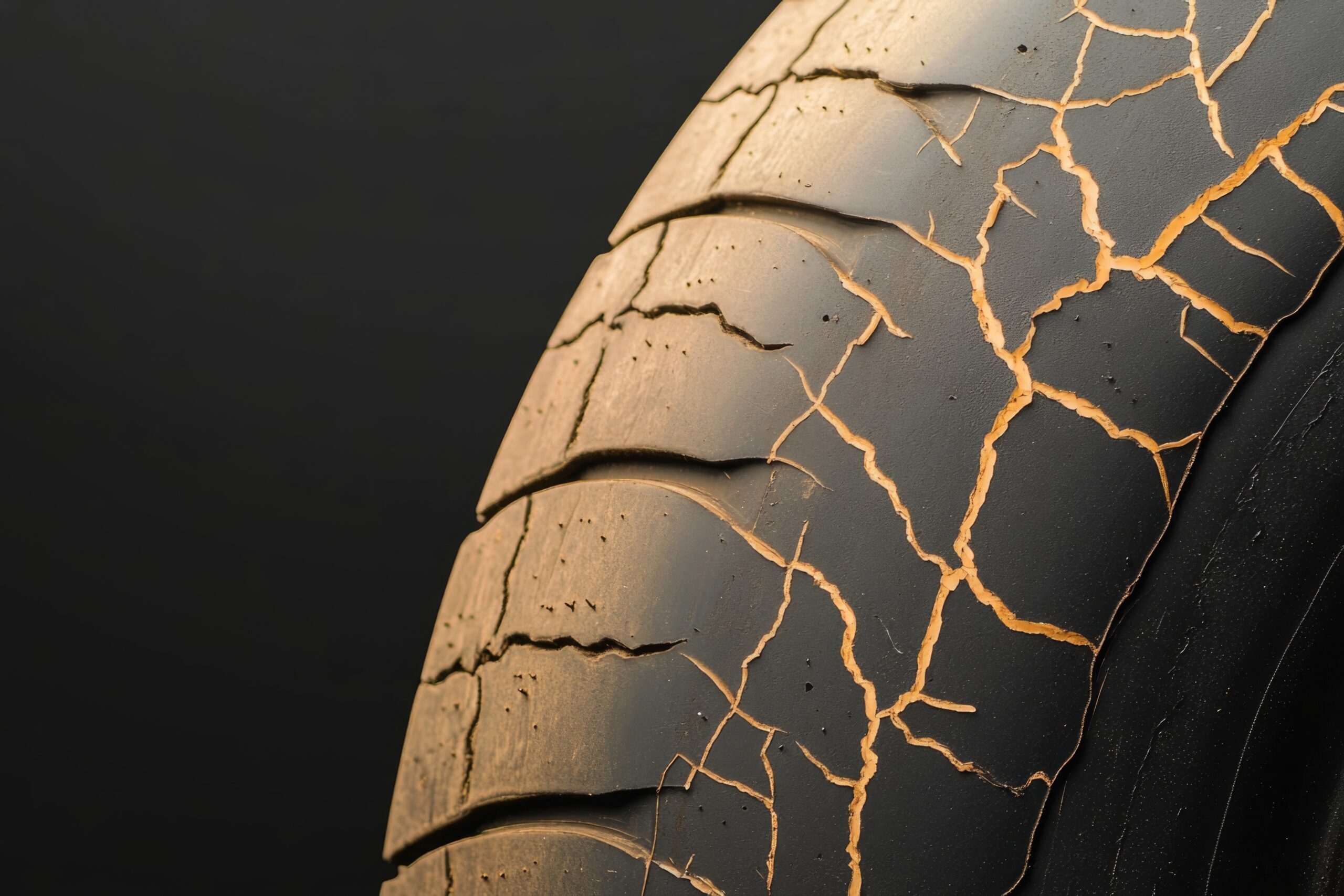
Understanding Surface Interactions
Friction and wear play intrinsic roles in biomedical, consumer and industrial applications, yet are often misunderstood as being the same thing. This misconception can lead to suboptimal material choices and product designs.
Distinguishing Friction from Wear
Friction is the resistance encountered when one surface moves relative to another, while wear refers to the gradual loss or deformation of material from a surface due to contact and motion. These properties don’t always correlate. For example, PTFE (Polytetrafluoroethylene) is known as a low friction, “slippery” material, but its wear properties are generally considered poor.
The Importance of “Feel” in Product Perception
The perceived quality of a product often depends on its tactile properties or “feel.” This seemingly simple concept is actually a complex interplay of:
- Wetting characteristics
- Rheological properties
- Frictional behavior
Understanding these factors is crucial for developing products with desirable tactile qualities.
Measuring Friction and Wear
Accurate measurement of friction and wear requires:
- Selecting the appropriate test for the specific application
- A deep understanding of surface interaction physics
CPG offers both standardized and custom testing methods:
- Coefficient of Friction (COF): Unique methods developed by CPG
- ASTM D1894: Standard Test Method for Static and Kinetic Coefficients of Friction
Comprehensive Surface Analysis
To fully characterize surface properties, CPG provides:
- Microscopy:
- Optical microscopy
- Scanning Electron Microscopy (SEM)
- Atomic Force Microscopy (AFM)
- Surface Profiling:
- Profilometry for quantitative surface roughness measurements
- Surface Chemistry:
- Contact angle measurements
- Chemical composition analysis
Accelerated Wear Testing
For materials designed for long-term use, such as modern bearing materials or advanced biomedical surfaces, direct wear measurement can be challenging. CPG specializes in:
- Designing accelerated wear tests tailored to specific requirements
- Analyzing test results and providing comprehensive documentation
Why Choose Cambridge Polymer Group?
CPG offers unique advantages for friction and wear testing:
- Expertise: Deep background in polymer science and rheology
- Comprehensive Approach: Understanding of polymers in solutions and their surface interactions
- Custom Solutions: Ability to develop unique testing methods for specific applications
- Full-Service, Collaborative Support: Assistance at all stages of testing and development
From initial concept to final implementation, our team is equipped to guide you through the complexities of polymer-surface dynamics, ensuring optimal results for your specific applications.
